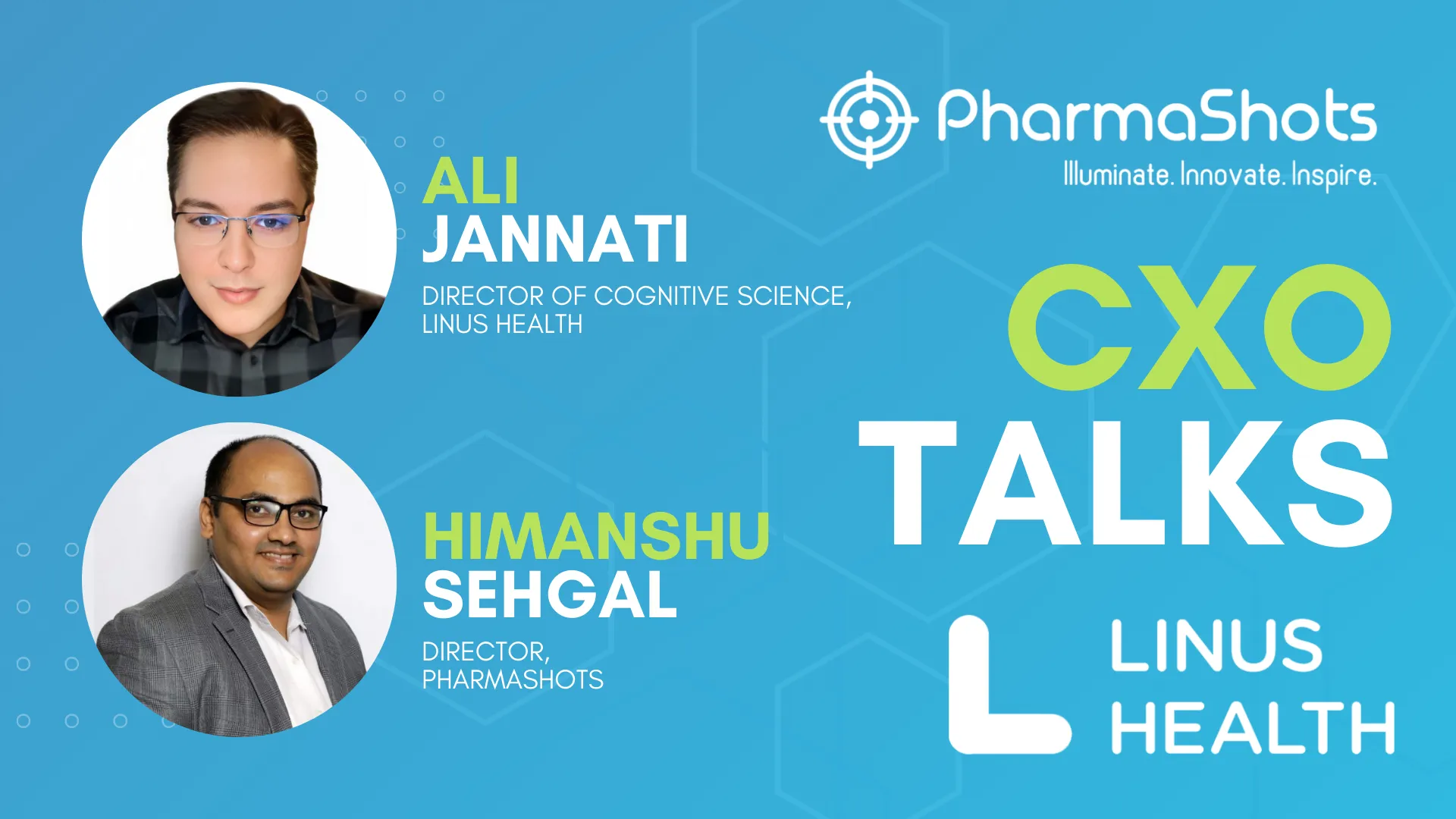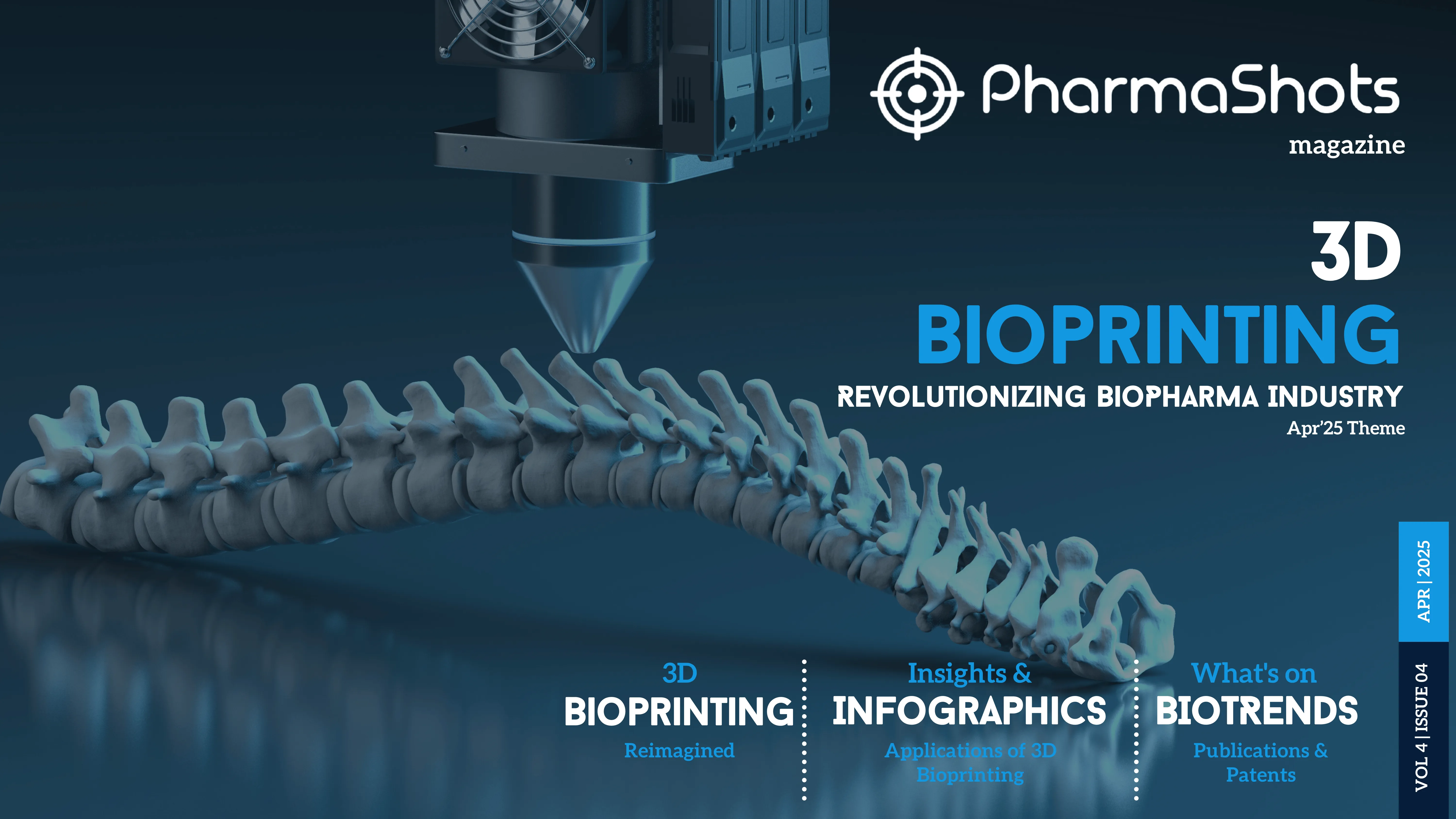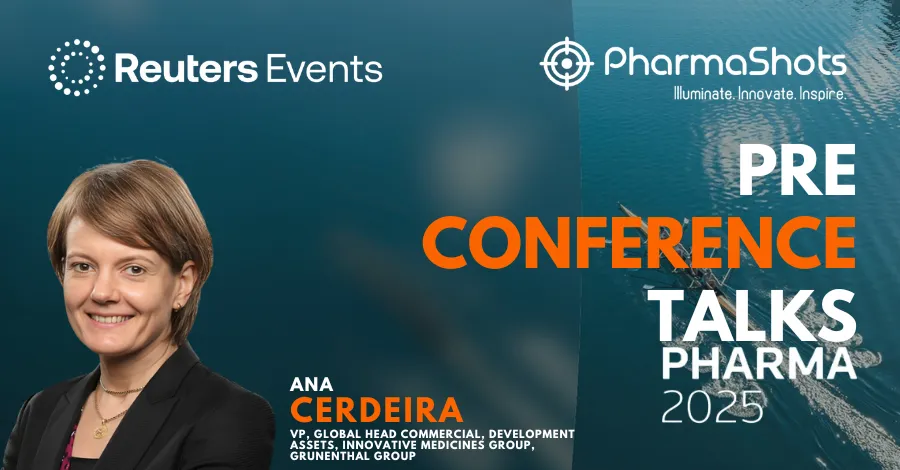
Personalized Medicine: A Paradigm Shift in Modern Treatment Approach
Shots:
-
Precision medicine holds a promising foothold in addressing unmet healthcare needs and bridging the gaps in care accessibility and high treatment costs
-
Defying the one-size-fits-all model, personalized medicine offers therapies tailored to an individual’s physiology, lifestyle, and environment
-
With this article, let’s capture the intricacies of precision medicine by navigating the benefits, challenges, progress, and the impact of intelligent automation like artificial intelligence and machine learning
Conventional therapies may not work for everyone due to complex human physiology and varying environmental exposure. Therapies tailored to the human body's nuanced aspects have shown high efficacy in the treatment. Emerging therapies like gene sequencing and proteomics have shown a substantial variation among individuals in the disease process. Researchers are steadfastly exploring the extent to which the variations impact the prevention, diagnosis, therapies, and care for a condition. Personalized medicine also called as precision medicine offers tailored care based on an individual’s unique genetic makeup, environment, and lifestyle. The transition from the one-size-fits-all model to personalized care offers a promising foothold for the future of healthcare. Personalized medicine enhances diagnostic precision by identifying the genetic markers associated with a specific disease and ensures maximum effectiveness by offering tailored healthcare solutions based on an individual’s distinct genetic profile.
How Personalized Medicine Works?
Personalized care relies on gathering and analyzing an individual’s genetic profile to understand the influence of genes on the individual’s health, response to treatment, and risks involved. Leveraging the gathered information, the care provider develops a treatment plan that is more effective and safer than available treatments. The treatment deploys risk prevention by identifying genetic susceptibility and prescribing treatment to mitigate and avoid them. As a subsequent step, the caregiver monitors the patient's health periodically and makes adjustments, if required.
Benefits of Personalized Medicines
Personalized medicines offer numerous benefits, including early diagnosis & prevention, streamlining clinical research, and reduced adverse events among others. Here’s a detailed look at the key benefits of personalized medicines:
-
Early Diagnosis & Prevention: Precision medicine uses genetic markers that are responsible for signalling disease risk and are present before clinical signs appear, offering opportunities for early diagnosis and prevention
-
Streamlining Clinical Research: Precision medicine allows researchers to focus on smaller groups that can benefit from the treatment ensuring reduced timeline, cost-cutting, and decreased failure rates
-
Reduced Adverse Events: Since the prescribed medicines are tailored to an individual’s genetic makeup, there are reduced reported adverse events
-
Reduced Trial and Error: Based on a study, around 50 percent of patients do not benefit from the first drug in the treatment. Precision medicine leverages genetic screening, allowing researchers and physicians to prescribe optimal therapy in the very beginning, avoiding the costly trial-and-error prescribing
Challenges in Personalized Medicine
There are several challenges facing personalized medicines, including economic, scientific, and ethical.
-
Lack of Big Data Infrastructure: Analysis of complex data is not always readily available, posing a roadblock to the development of personalized medicines
-
High Research and Development Cost: Developing and implementing personalized medicine technologies require significant investments in research and development
-
Data Privacy: Ethical dilemma corresponding to the use of sensitive patient information is a major regulatory hurdle in personalized medicine
Making Strides in Personalized Medicine
Emerging therapies like CAR T cell therapy offer personalized cancer treatment using the patient’s own genetically engineered T cells to target and destroy cancer cells. Personalized medicines have shown promising results in the treatment of breast cancer by identifying specific treatments targeting patient’s tumor characteristics, such as HER2 overexpression. Personalized treatments have shown amazing results as targeted therapies in melanoma treatment and chronic myelogenous leukemia. In 2024, around 19 new precision medicines were approved across oncology, genetic disorders, and pulmonary. In 2025, the global personalized medicine market size is valued at $654.46B and is expected to reach $1315.43B by 2034 registering a CAGR of 8.10 % from 2025 to 2034.
Intelligent Automation in Personalized Medicine
Intelligent Automation (AI & ML) is pivotal in enhancing patient-centric care in personalized medicine. Let’s navigate the role of AI and ML in personalized medicine:
-
Pattern Recognition and Data Analysis: Automation expedites the analysis of a large volume of data set, including genetic profiles, lifestyle exposures, and medical records, to identify patterns in genetic makeup, allowing early diagnosis and disease prevention through personalized medicine
-
Drug Discovery and Development: Intelligent automation can help predict both drug targets and efficacy to accelerate drug discovery and development. AI-enabled pharmacogenomics can help predict genetic markers related to disease and predict treatment outcomes
-
Treatment Plans: By carefully assessing an individual’s unique physiology, lifestyle, and environment, AI can help prepare a more effective and personalized treatment plan with fewer side effects
Conclusions & Perspectives
There is a growing focus on personalized medicine in today's healthcare landscape, with the biopharmaceutical industry searching for innovative treatments for conditions with unmet healthcare needs. Artificial intelligence and machine learning technologies are slowly enabling tangible benefits for personalized medicine and bringing it into the mainstream.
Related Post: Role of Digital Twin Technology in Healthcare
Tags

Saurabh is a Senior Content Writer at PharmaShots. He is a voracious reader and follows the recent trends and innovations of life science companies diligently. His work at PharmaShots involves writing articles, editing content, and proofreading drafts. He has a knack for writing content that covers the Biotech, MedTech, Pharmaceutical, and Healthcare sectors.














